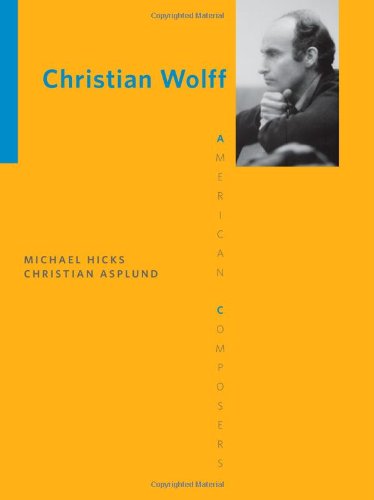

Most ebook files are in PDF format, so you can easily read them using various software such as Foxit Reader or directly on the Google Chrome browser.
Some ebook files are released by publishers in other formats such as .awz, .mobi, .epub, .fb2, etc. You may need to install specific software to read these formats on mobile/PC, such as Calibre.
Please read the tutorial at this link. https://ebooknice.com/page/post?id=faq
We offer FREE conversion to the popular formats you request; however, this may take some time. Therefore, right after payment, please email us, and we will try to provide the service as quickly as possible.
For some exceptional file formats or broken links (if any), please refrain from opening any disputes. Instead, email us first, and we will try to assist within a maximum of 6 hours.
EbookNice Team

Status:
Available0.0
0 reviewsIn this first interpretive narrative of the life and work of Christian Wolff, Michael Hicks and Christian Asplund trace the influences and sensibilities of a contemporary composer's atypical career path and restless imagination. Written in full cooperation with Wolff, including access to his papers, this volume is a much-needed introduction to a leading avant-garde composer still living, writing music, and speaking about his own work. Wolff has pioneered various compositional and notational idioms, including overtly political music, indeterminacy, graphic scores, and extreme virtuosity. Trained as a classicist rather than a musician, Wolff has never quite had both feet in the rarefied world of contemporary composition. Yet he's considered a "composer's composer," with a mind ensconced equally in ancient Greek tragedy and experimental music and an eccentric and impulsive compositional approach that eludes a fixed stylistic fingerprint. Hicks and Asplund cover Wolff's family life and formative years, his role as a founder of the New York School of composers, and the context of his life and work as part of the John Cage circle, as well as his departures from it. Critically assessing Wolff's place within the experimental musical field, this volume captures both his eloquence and reticence and provides insights into his broad interests and activities within music and beyond.